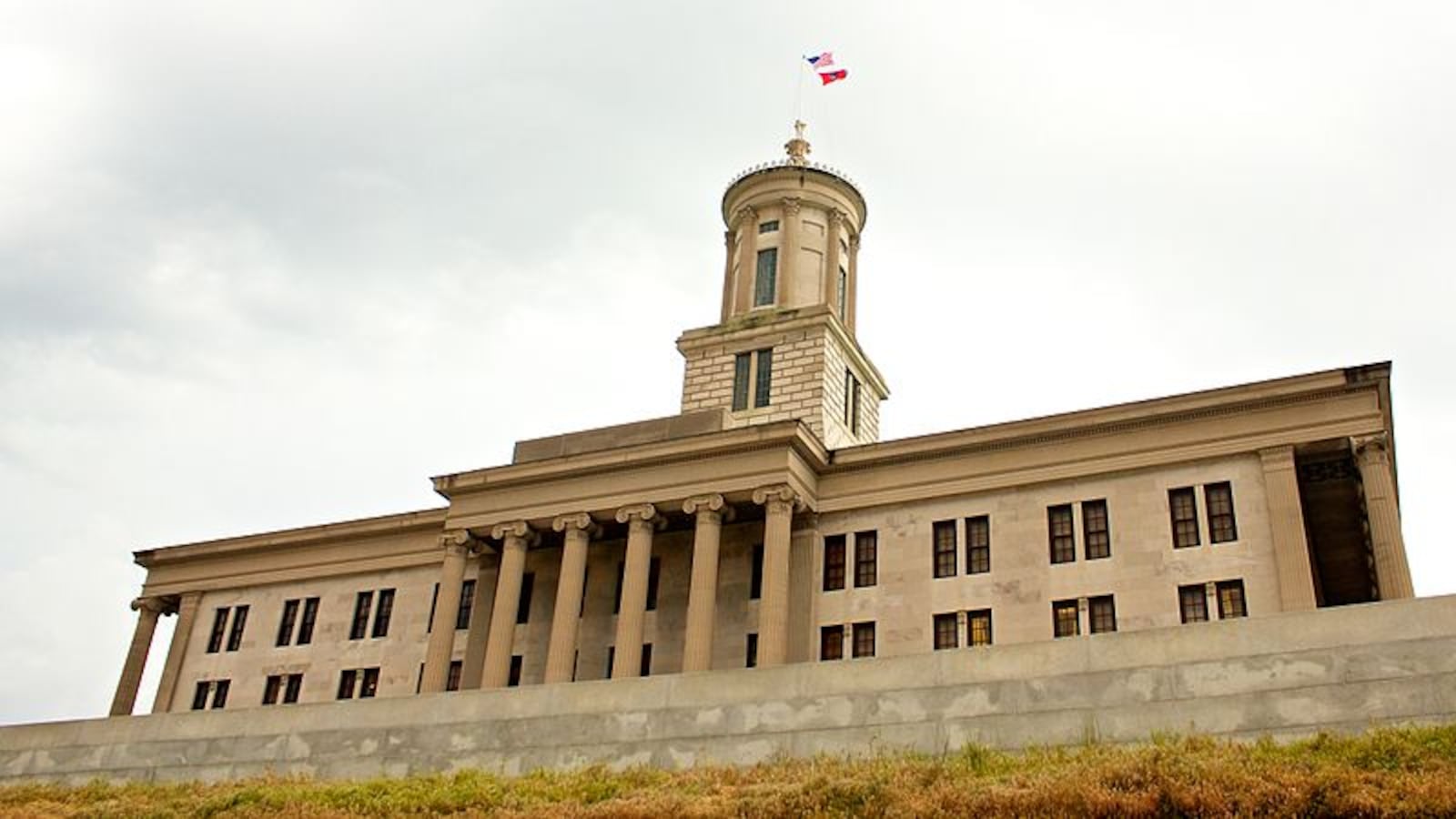The 109th session of Tennessee’s General Assembly begins Tuesday, and with it comes the possibility of more education reform — and in some cases, un-reform — as lawmakers pick up the debate over Common Core and other weighty educational issues. Chalkbeat interviewed lawmakers, education advocates and lobbyists about what Tennessee’s education community can expect from this legislature:
1. Education will be a hot topic.
In the last decade, Tennessee’s educational system has undergone significant change, mostly rooted in legislation passed at the state level. The legislature has twice introduced new academic standards, while also ushering in more teacher evaluations and charter schools. House Education Chairman Harry Brooks (R-Knoxville) doesn’t expect the pace to slow. He notes that lawmakers elected last November will be eager to make good on campaign promises related to education, which will translate into lots of new legislative proposals. That suits House Speaker Beth Harwell (R-Nashville) just fine. She wants education to reign as a top priority for the General Assembly. “We have made great strides for the past several years in improving our public schools, and we must not stop now,” she said
2. It’s not going to be all about Common Core.
Don’t let the headlines fool you. There’s a lot more going on in Tennessee schools than the transition to the nationally developed math and reading standards. Other topics expected on the agenda are school choice, funding and teacher evaluations. School choice advocates — those supporting charter schools and/or vouchers — have deepened their roots in Tennessee during the last year. The advocacy group Black Advancement of Educational Opportunity opened shop in Memphis in the spring, and the Charles Koch Institute hosted a pro-voucher forum in Nashville last summer. Issues such as for-profit charter schools and school vouchers could gain momentum.
Additionally, Race to the Top money — the $100 million won by Tennessee in 2010 from the U.S. Department of Education — is running out, making education funding formulas more important than ever. Bills not directly related to education, but related to taxes that fund education, will be important to follow.
3. But a lot of it will be about Common Core.
Amid politically charged debates and some public backlash, Common Core is expected to stay in the headlines. Senate leaders, including Education Committee Chairwoman Dolores Gresham (R-Somerville), filed a bill in November to repeal the academic standards, which have been phased in over the past two years. In the wake of Tennessee’s 2010 Race to the Top victory, most of the state’s biggest reforms boosted the importance of test scores in teacher evaluations and school reform. Assessments are intimately tied to standards, and lawmakers will push to make sure that Tennessee’s next assessments — which are being developed by a North Carolina company under a $108 million contract — is aligned with state standards.
4. The charter sector has room to grow.
Tennessee’s charter sector is among the fastest growing in the nation, and new legislation could accelerate the growth. Charter school advocates have been working on a massive bill, according to Brooks, though specifics have not been unveiled. Last year, several bills pertained to for-profit charters and “parent trigger” policies that would give parents the ability to petition for changes at their children’s low-performing public schools. Those measures got traction, making it more likely they will resurface this session. Educators and advocates also hope to see more quality control in the charter sector through an authorizer fee, which would allow authorizers such as Shelby County Schools, Nashville Public Schools and the state-run Achievement School District to charge charter organizations for work that authorizes and regulates charter schools.

Other proposals may be aimed at checking the growth of the charter sector. Jim Wrye, the lobbyist for the Tennessee Education Association, hopes to see bills addressing charter school attrition — the number of students who leave charters for traditional public schools in the middle of the year.
5. Expect some tweaking of recent reforms.
Reforms around teacher evaluations and school accountability have had about five years to sink in, giving policymakers time to think about ways for improvement. Gov. Bill Haslam announced in December that he will propose legislation to adjust teacher evaluations so that test scores will count less toward a teacher’s score as the state transitions to a new test, and giving local school districts more discretion in teacher evaluation procedures.

